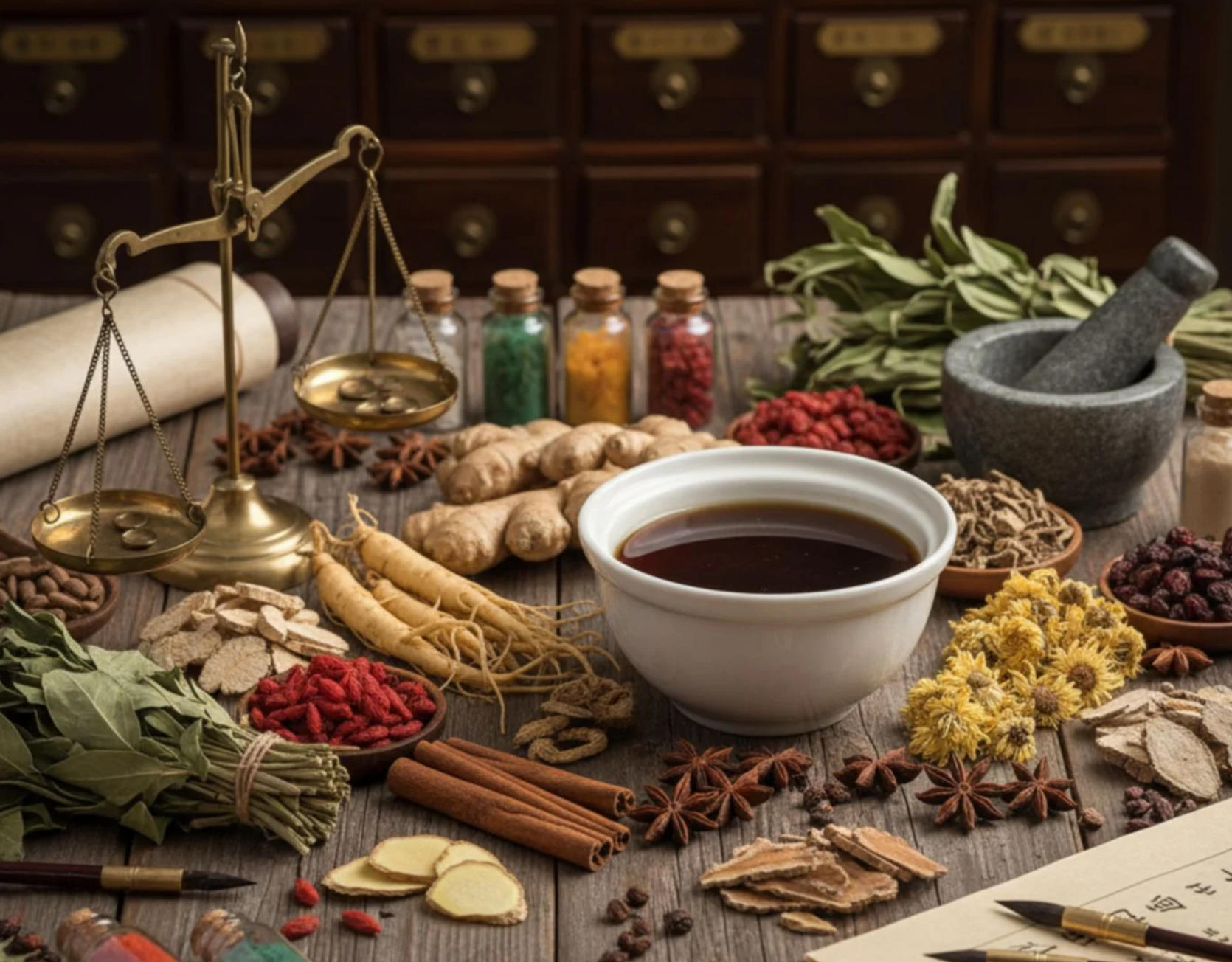
 i_need_contribute
i_need_contribute

Currently, the act covers traditional Malay medicine, traditional Chinese medicine, traditional Indian medicine, homeopathy, chiropractic, osteopathy and Islamic medical practice. - Pic generated by AI, for illustration purposes
Currently, the act covers traditional Malay medicine, traditional Chinese medicine, traditional Indian medicine, homeopathy, chiropractic, osteopathy and Islamic medical practice.
Health Minister Datuk Seri Dr Dzulkefly Ahmad said the ministry is strengthening its efforts through the documentation and mapping of indigenous traditional medicine practitioners and practices, to enable evaluation under the act.
"All empowerment efforts will continue to adhere to the ministry's principle of ensuring that any recognised practice is safe, effective and of high quality, for the well-being of the people.
"However, true empowerment is not just about documentation. It means granting official recognition to communities, protecting their traditional intellectual property from exploitation, and ensuring fair benefit-sharing if this heritage is commercialised.
"We want communities to not just be subjects, but partners who have the right to determine the direction of their own heritage," he told reporters after the Jalinan Madani Programme: Empowerment of Traditional Medicine of the Orang Asli of Peninsular Malaysia, and Orang Asal of Sabah and Sarawak today.
Since July, a series of engagement sessions has been conducted across Peninsular Malaysia, Sabah and Sarawak.
Dzulkefly added that more than 373 participants from over 25 indigenous communities took part in open dialogues and field visits, further strengthening trust and collaboration between the communities and the government.
"The ministry continuously strives to provide national healthcare services that are not only inclusive but also explore avenues and opportunities to add value to various branches of medicine, including traditional medicine.
"This is in line with the Madani values, namely well-being, innovation and compassion."